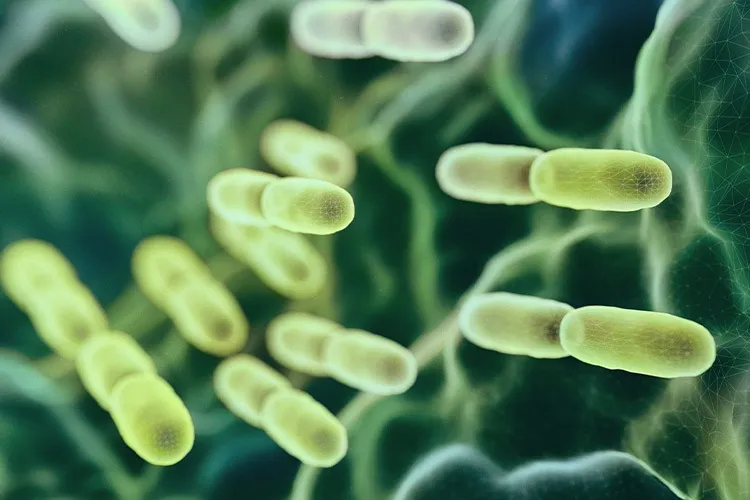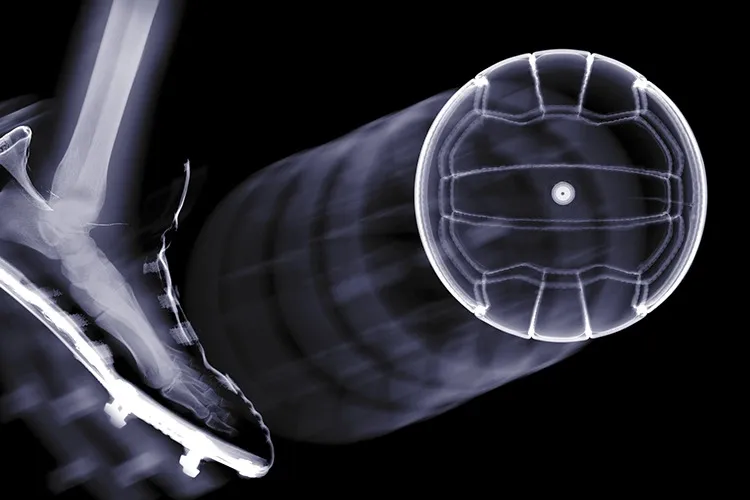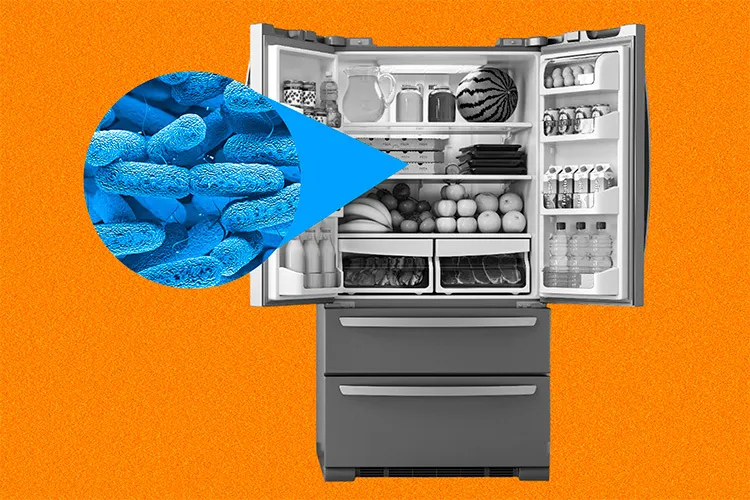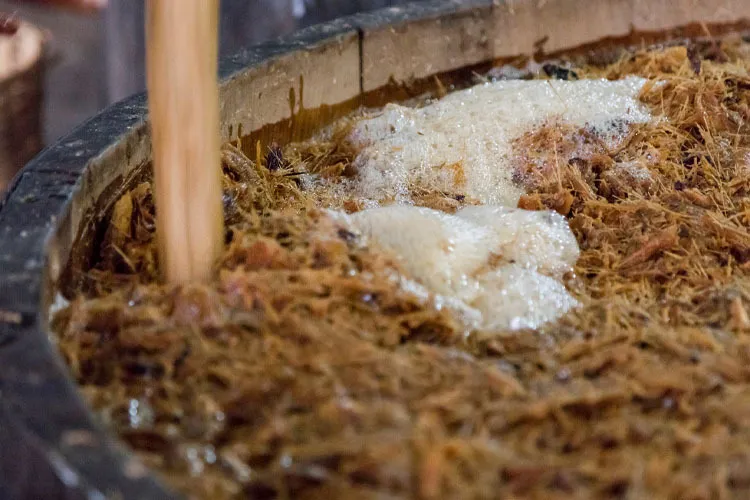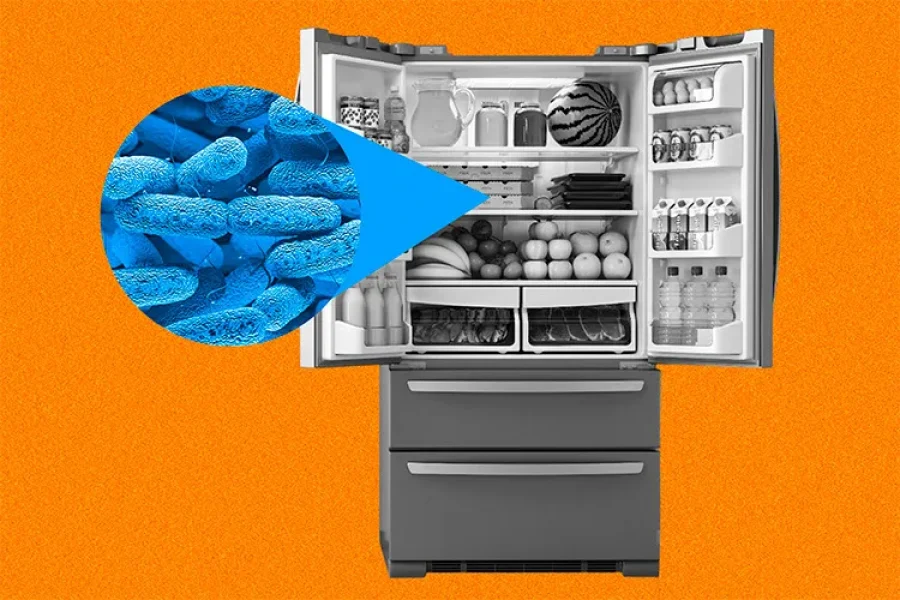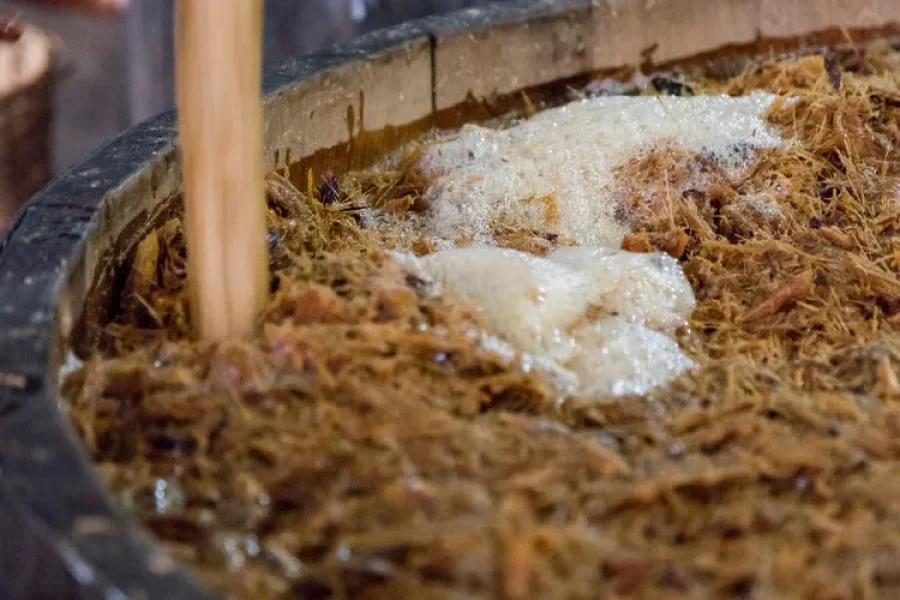Probiotics are live microorganisms that, when consumed in appropriate amounts, offer health benefits. These can include bacteria or yeasts such as Lactobacillus, Bifidobacterium, Bacillus, or Saccharomyces. Today, they have become some of the most sought-after products, available in foods (dairy and cereals) or as dietary supplements (tablets, capsules, and oral suspensions).
Research has shown that probiotics can reduce gastrointestinal disorders, improve nutrient absorption, boost the immune system, and address food intolerances. However, limited evidence and a lack of widespread recommendations from healthcare professionals during breastfeeding have led many nursing mothers to be cautious about the “risks and benefits” of probiotic use. Here, we address some of the major myths and realities surrounding the topic.
Myths About Probiotics During Breastfeeding
“They are not safe”
Clinical studies generally indicate that probiotics are safe and acceptable for both mother and baby. Nonetheless, it’s crucial to consider both individuals’ medical histories (pre-existing conditions), choose high-quality products that meet regulatory standards, and adhere to recommended dosages.
“They have negative effects”
Although adverse reactions are rare, some minor side effects can occur, such as nausea, abdominal cramps, gas, loose stools, and taste alterations. These can often be managed through dietary and lifestyle adjustments, avoiding the use of medications.
“They pass into breast milk”
While some bacteria in breast milk originate from the mother’s intestines via the enteromammary route (where they are absorbed and reach the mammary glands), probiotics rarely follow this route into the bloodstream and are therefore considered unlikely to transfer directly into breast milk.
Probiotics are not absorbed as nutrients but travel through the stomach and small intestine to the large intestine, where they can colonize the intestinal walls and balance the microbiota, supporting digestive health. They may positively influence the microbial composition of breast milk, encouraging the presence of beneficial bacteria for the baby.
Realities About Probiotics and Breastfeeding
“They are allies against infections”
Postpartum and breastfeeding mothers are more susceptible to bacterial and fungal infections. Studies have reported that probiotics possess antimicrobial and anti-inflammatory properties that can help reduce the growth and symptoms of infections. They have been successfully used in preventing or treating mastitis (breast inflammation), cystitis (bladder inflammation), and vaginosis (vaginal inflammation).
“They calm the mind”
Stress, anxiety, irritability, and depression are common among breastfeeding mothers. While research is ongoing, clinical studies have revealed that probiotics may have positive effects on the nervous system. They can balance intestinal microbiota and produce substances that interact with neurons, acting as neurotransmitters and neuromodulators.
“They support metabolism”
Breastfeeding alters a mother’s metabolism due to dietary changes, potentially increasing the risk of overweight, obesity, and cardiovascular diseases. Various studies have shown that probiotics can aid in digestion, lower glucose, cholesterol, and triglyceride levels, and reduce body fat accumulation.
Benefits for the Baby
Probiotic consumption during breastfeeding may impact a baby’s growth, development, and health. Recent research in Canada has explored these benefits. Probiotics can:
- Improve the quality and composition of breast milk (increasing levels of carbohydrates, proteins, vitamins, minerals, antibodies, and hormones),
- Promote growth in height, weight, and body mass,
- Aid in the maturation of digestive, immune, and cognitive functions,
- Reduce the frequency of diarrhea and infant colic,
- Prevent conditions such as atopic dermatitis, asthma, and food allergies.
.
Regardless of the intended benefits, it is essential to consult with a healthcare professional before starting probiotic supplements. This ensures tailored advice and recommendations for individual circumstances. Remember, “when the mother feels better, the baby feels better.”
.
References
- Hill, C., Guarner, F., Reid, G., Gibson, G.R., Merenstein, D.J., Pot, B., Morelli, L., et al. (2014). The International Scientific Association for Probiotics and Prebiotics consensus on the scope and appropriate use of the term probiotic. Nature Reviews Gastroenterology & Hepatology, 11, 506- 514.
- Maftei, N.-M., Raileanu, C.R., Balta, A.A., Ambrose, L., Boev, M., Marin, D.B., & Lisa, E.L. (2024). The potential impact of probiotics on human health: An update on their health-promoting properties. Microorganisms, 12, 234.
- Sheyholislami, H., & Connor, K.L. (2021). Are probiotics and prebiotics safe for use during pregnancy and lactation? A systematic review and meta-analysis. Nutrients, 13(7), 2382.
- Li, X., Wang, Q., Hu, X., & Liu, W. (2022). Current status of probiotics as supplements in the prevention and treatment of infectious diseases. Frontiers in Cellular and Infection Microbiology, 12, 789063.
- Halemani, K., Shetty, A.P., Thimmappa, L., Issac, A., Dhiraaj, S., et al. (2023). Impact of probiotic on anxiety and depression symptoms in pregnant and lactating women and microbiota of infants: A systematic review and meta-analysis. Journal of Global Health, 13, 04038.
- Obuchowska, A., Gorczyca, K., Standyło, A., Obuchowska, K., et al. (2022). Effects of probiotic supplementation during pregnancy on the future maternal risk of metabolic syndrome. International Journal of Molecular Sciences, 23(15), 8253.
- Cuinat, C., Stinson, S.E., Ward, W.E., & Comelli, E.M. (2022). Maternal intake of probiotics to program offspring health. Current Nutrition Reports, 11, 537-562.
.
Author
Cecilia Castro-López. Postdoctoral Researcher at the School of Engineering and Sciences, Tecnológico de Monterrey. She specializes in the extraction and characterization of antioxidant metabolites, microencapsulation of metabolites for food applications, valorization of agro-industrial waste, and the isolation and characterization of bacteria with probiotic potential. With over 25 articles published in high-impact indexed journals and six book chapters, her work has garnered more than 990 citations. She has been recognized as a Level 1 member of the National System of Researchers (SNII) by the National Council of Humanities, Sciences, and Technologies (CONAHCyT).
